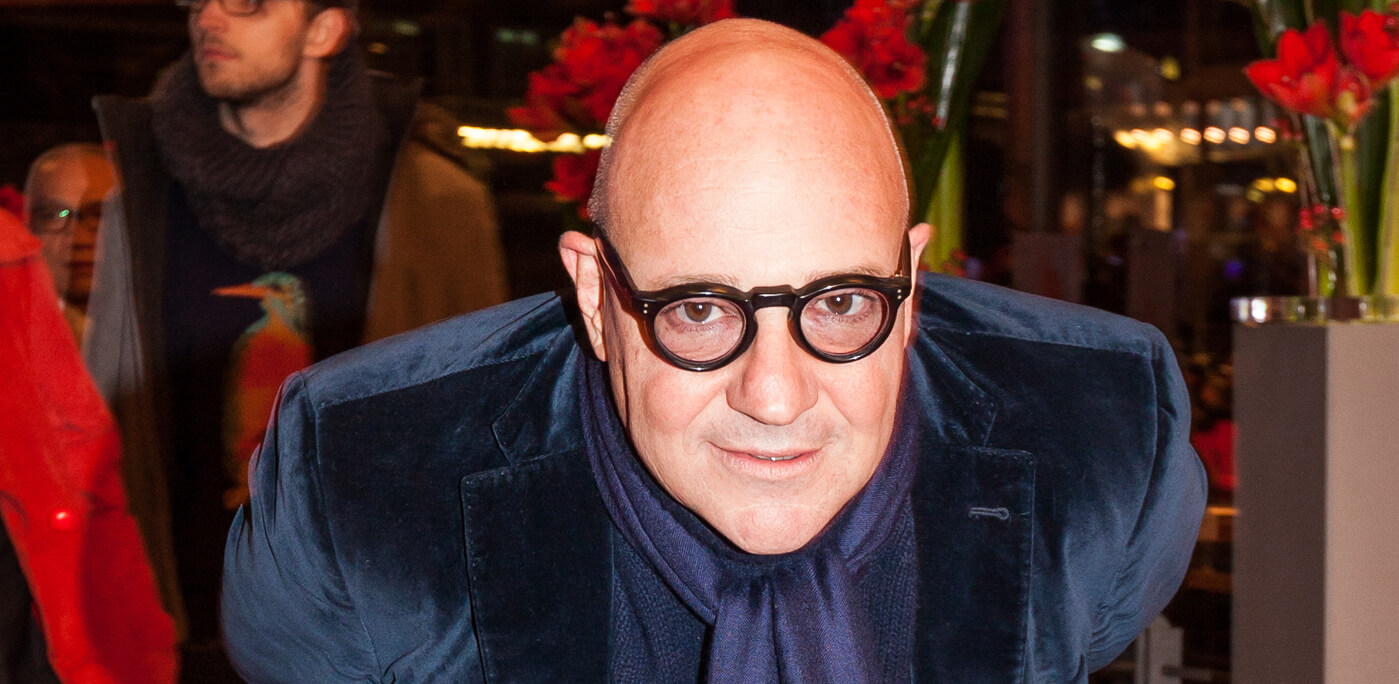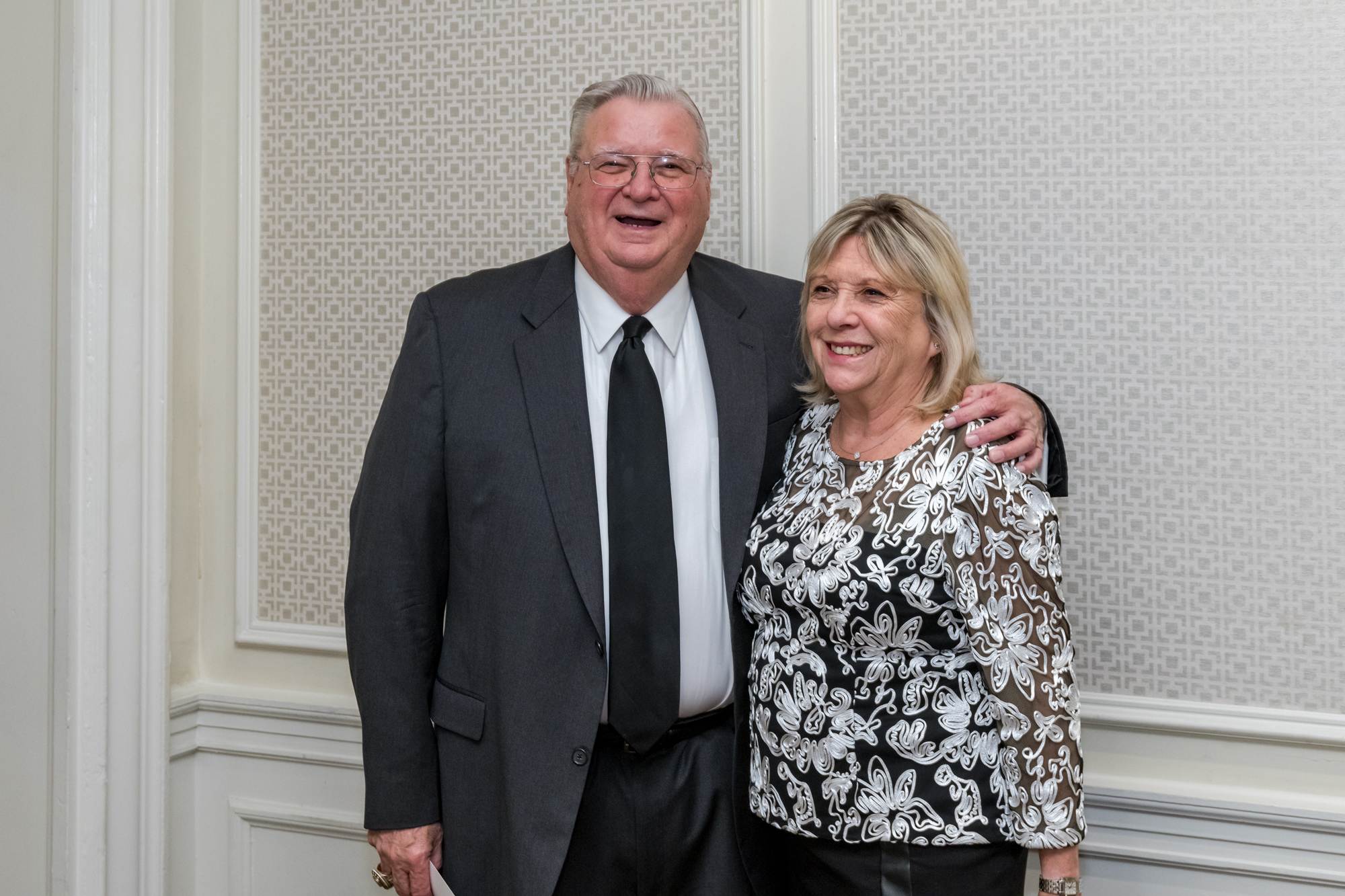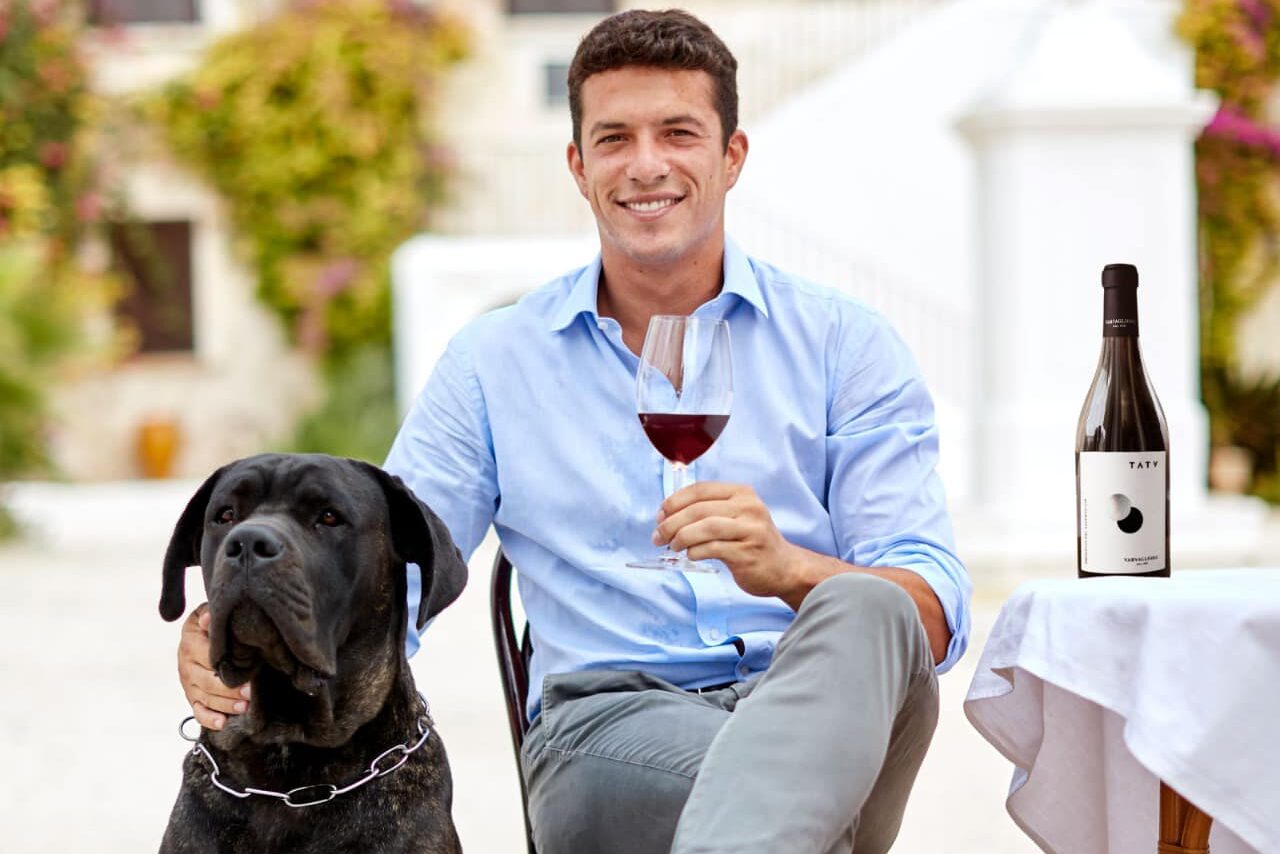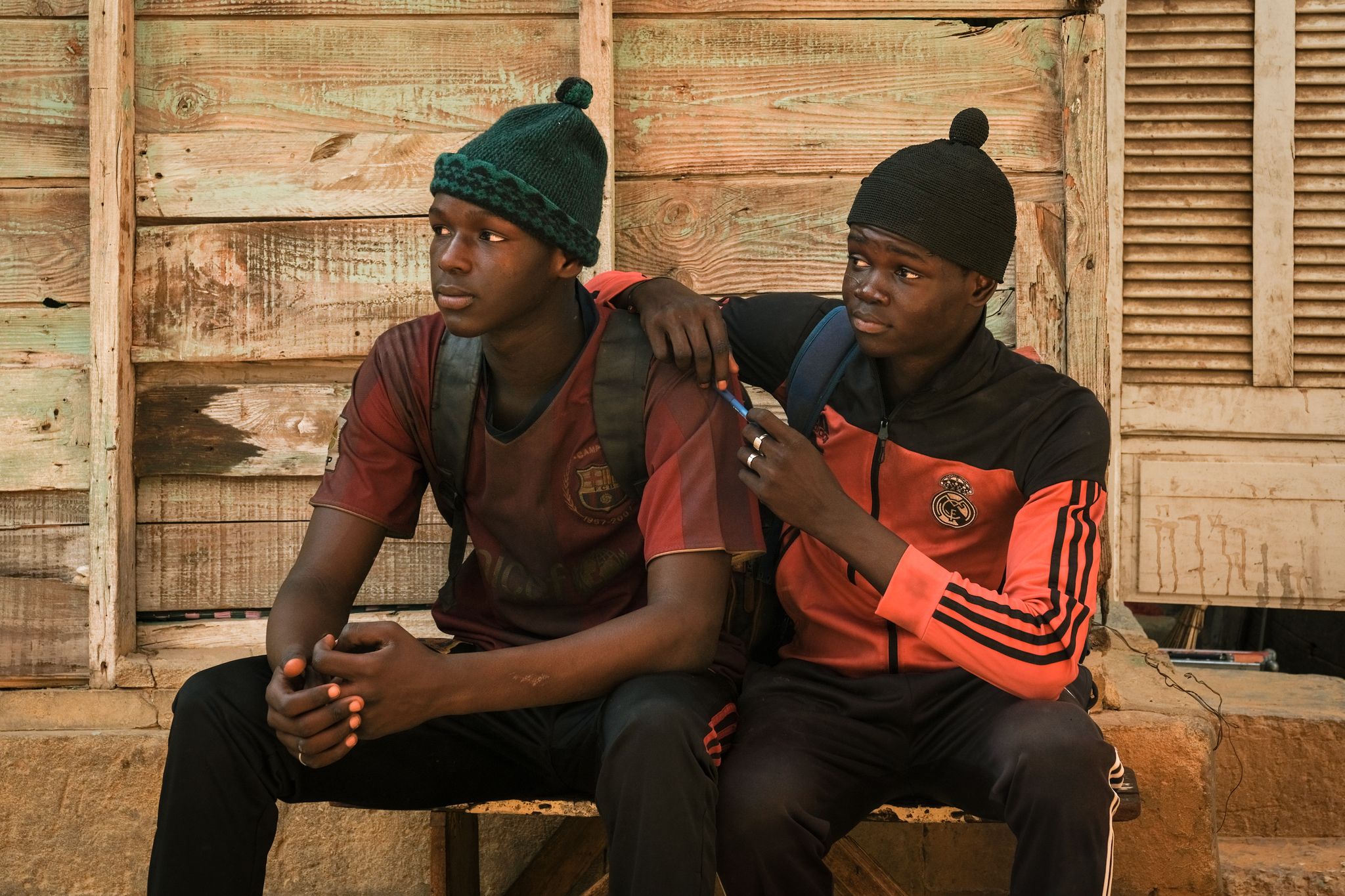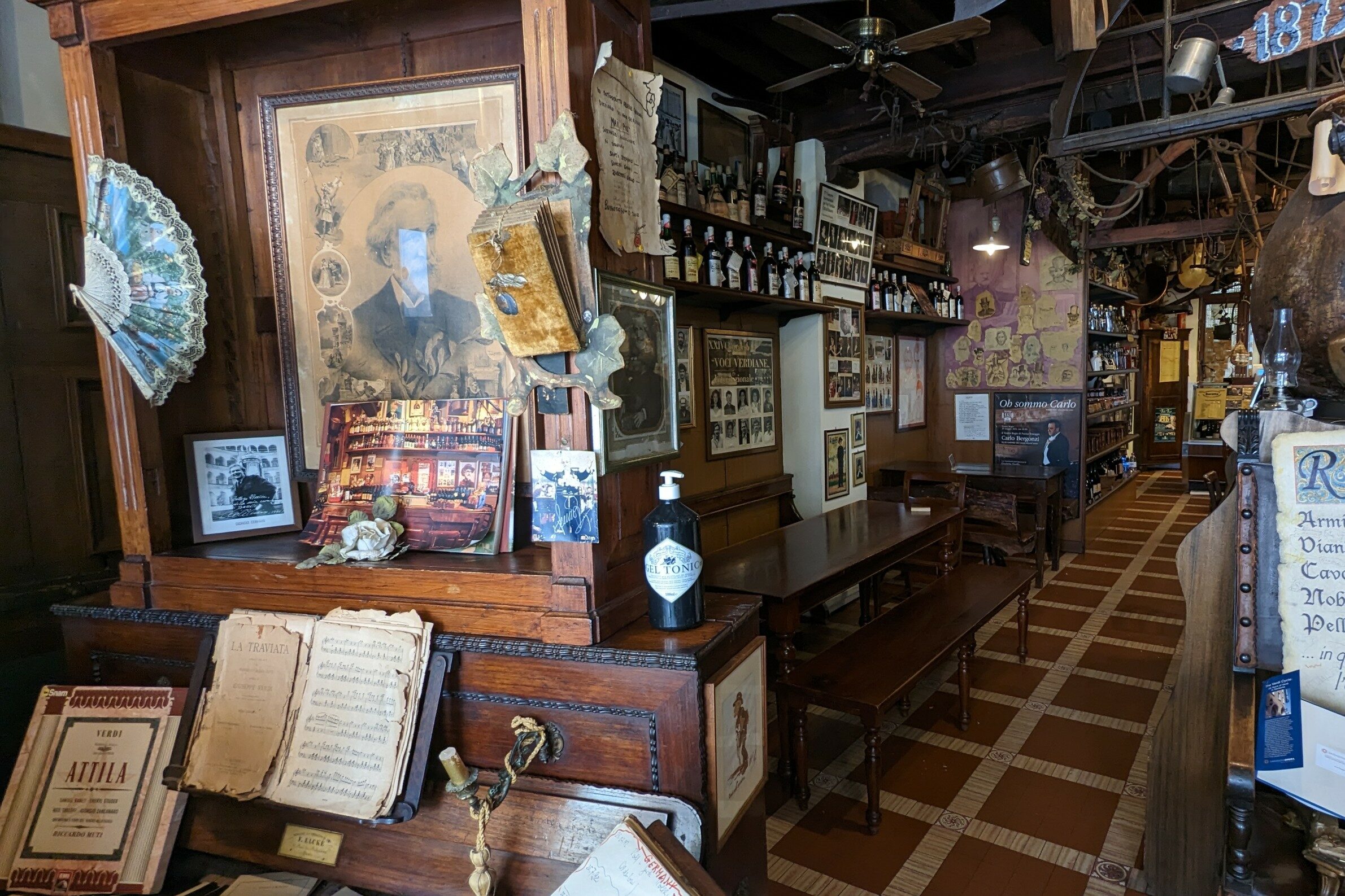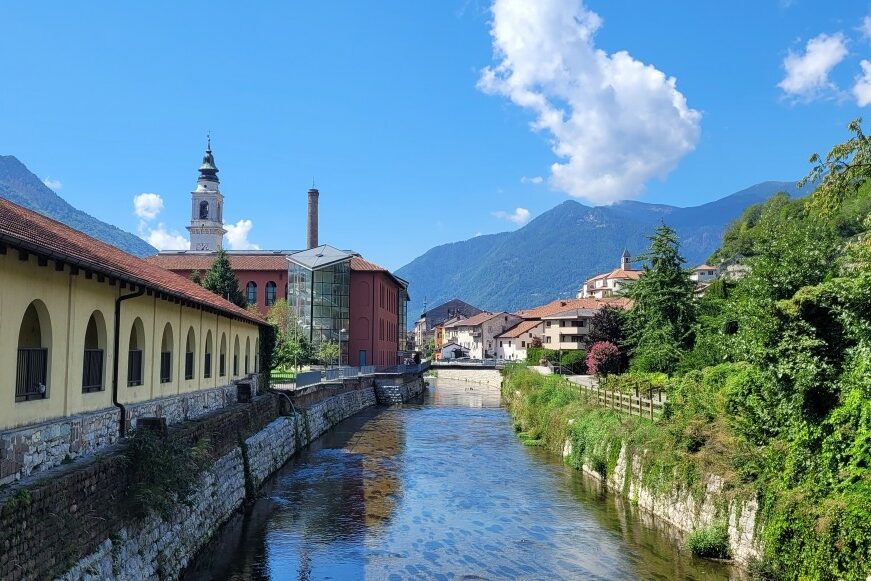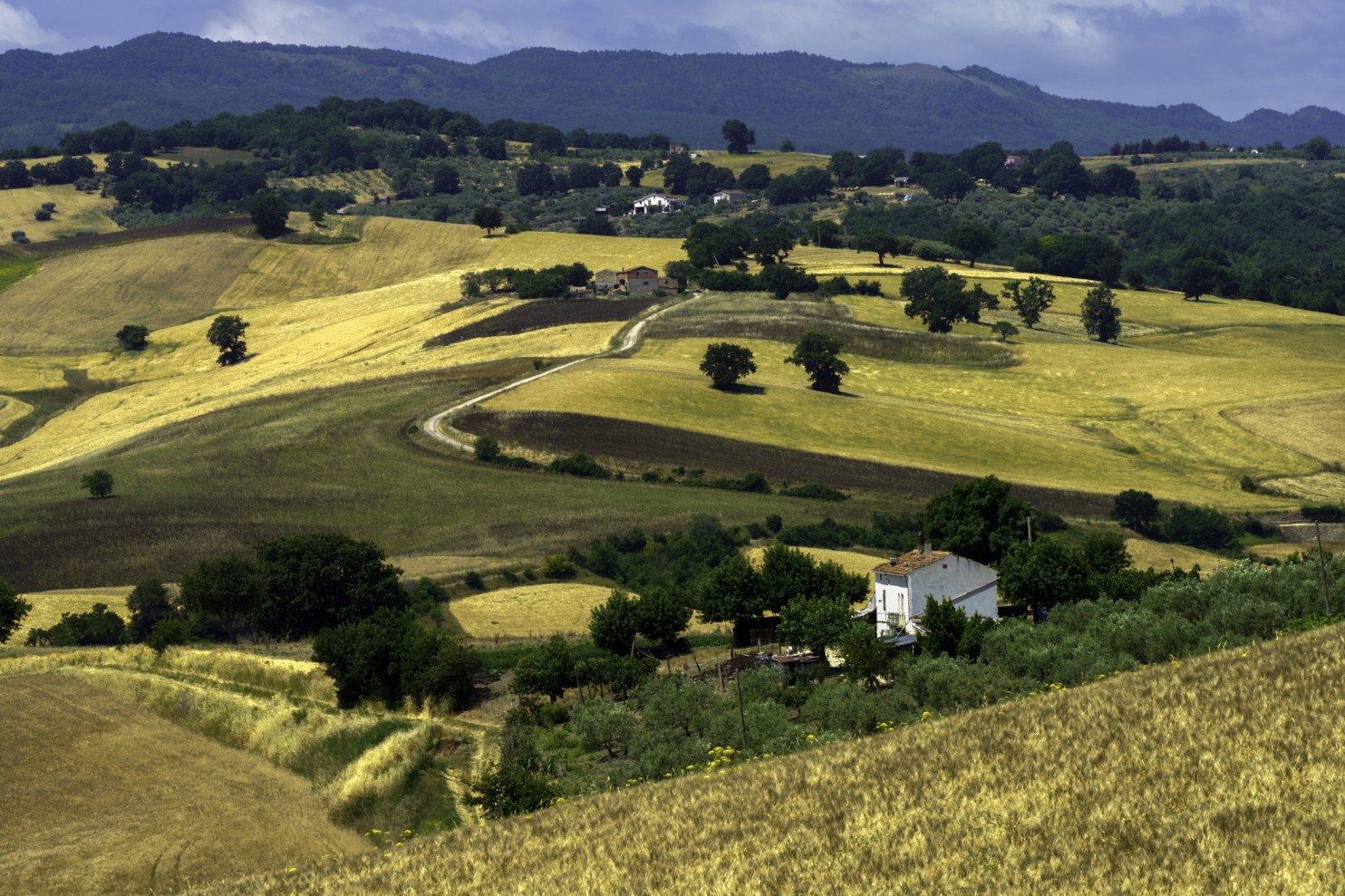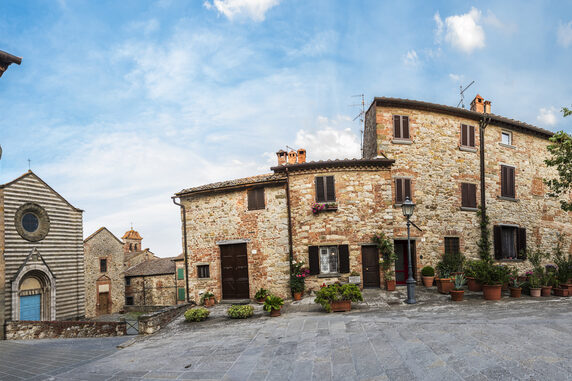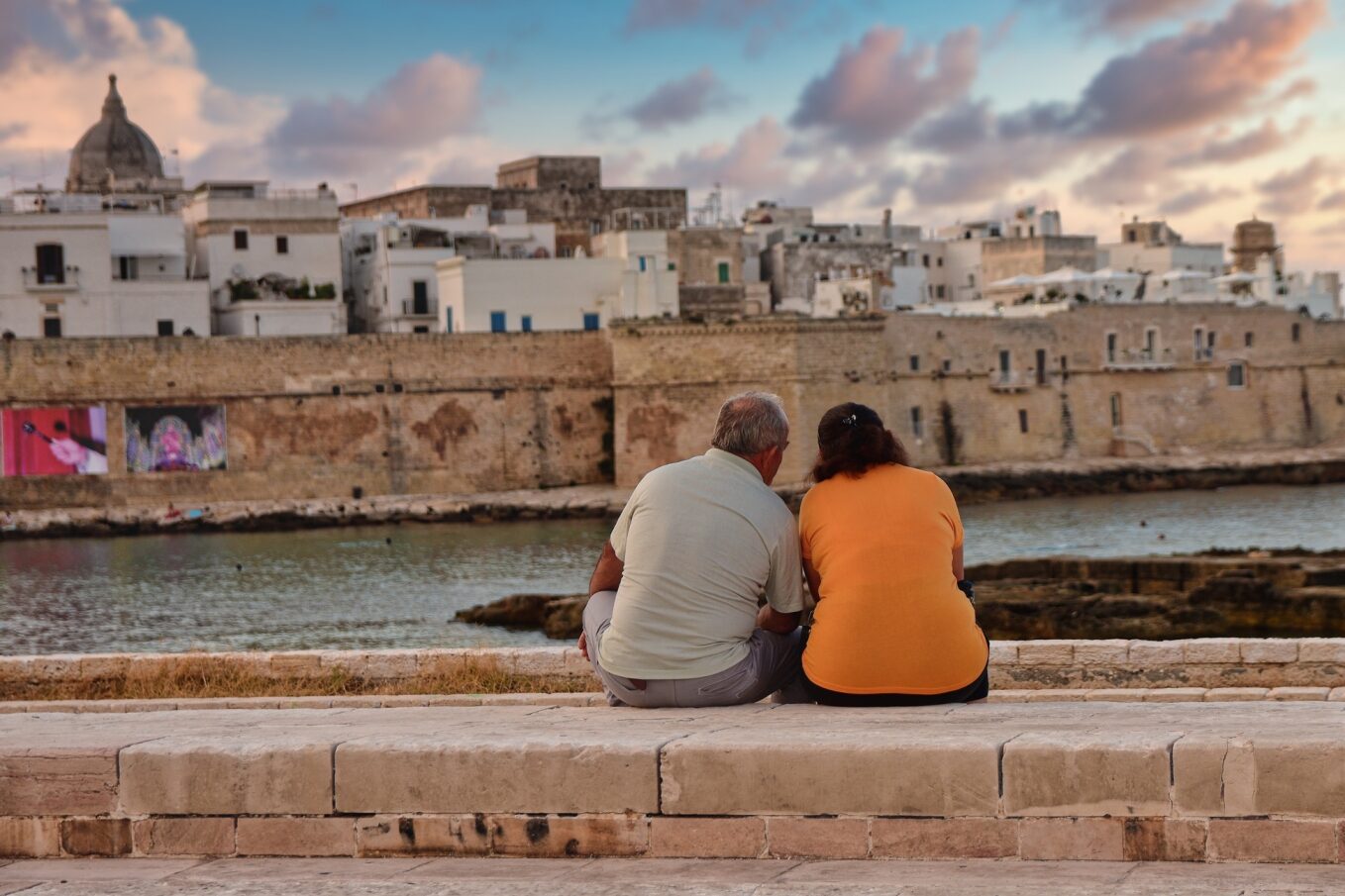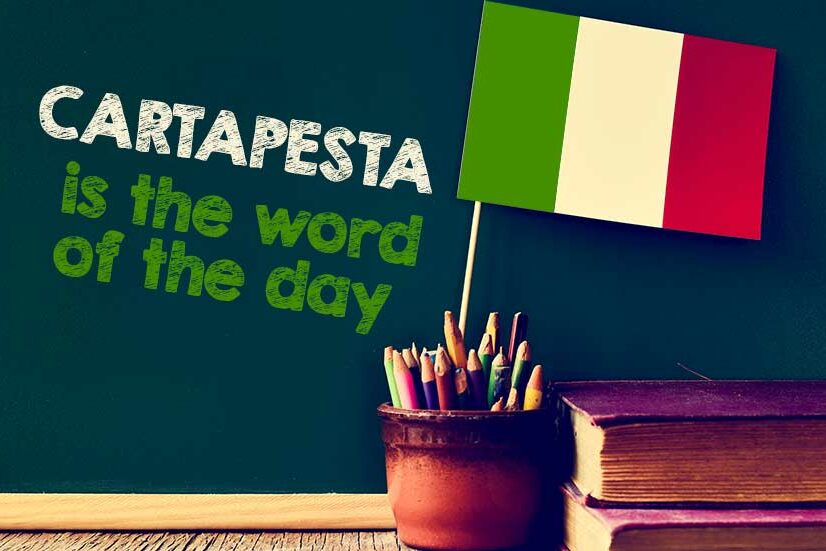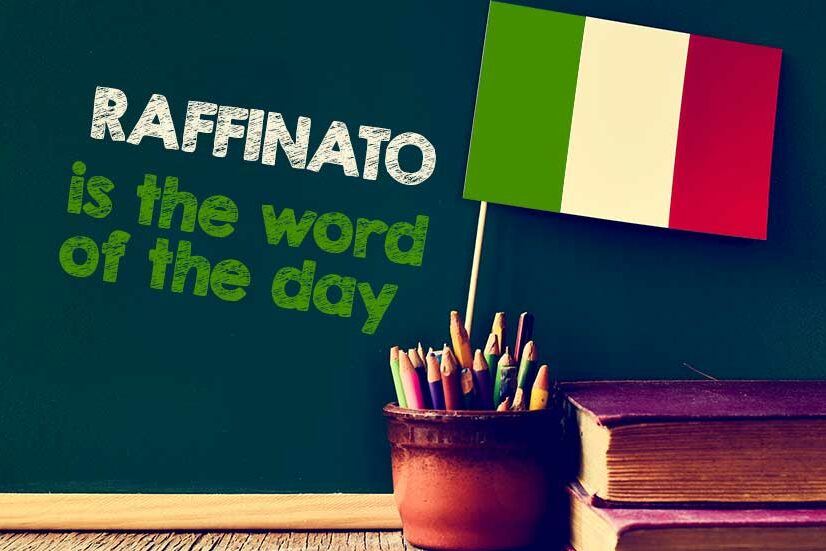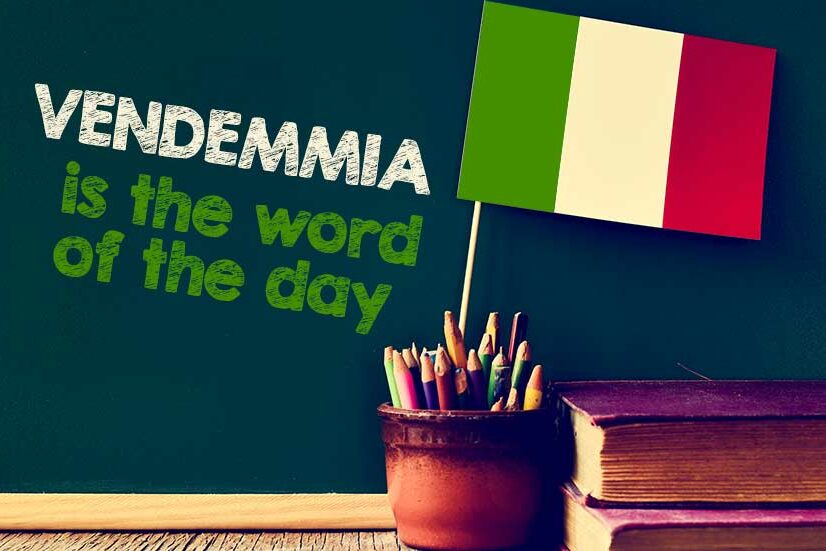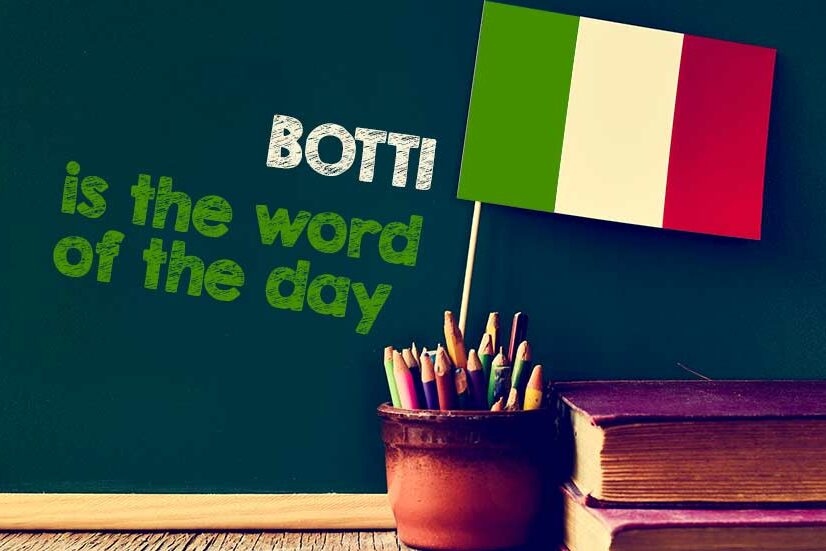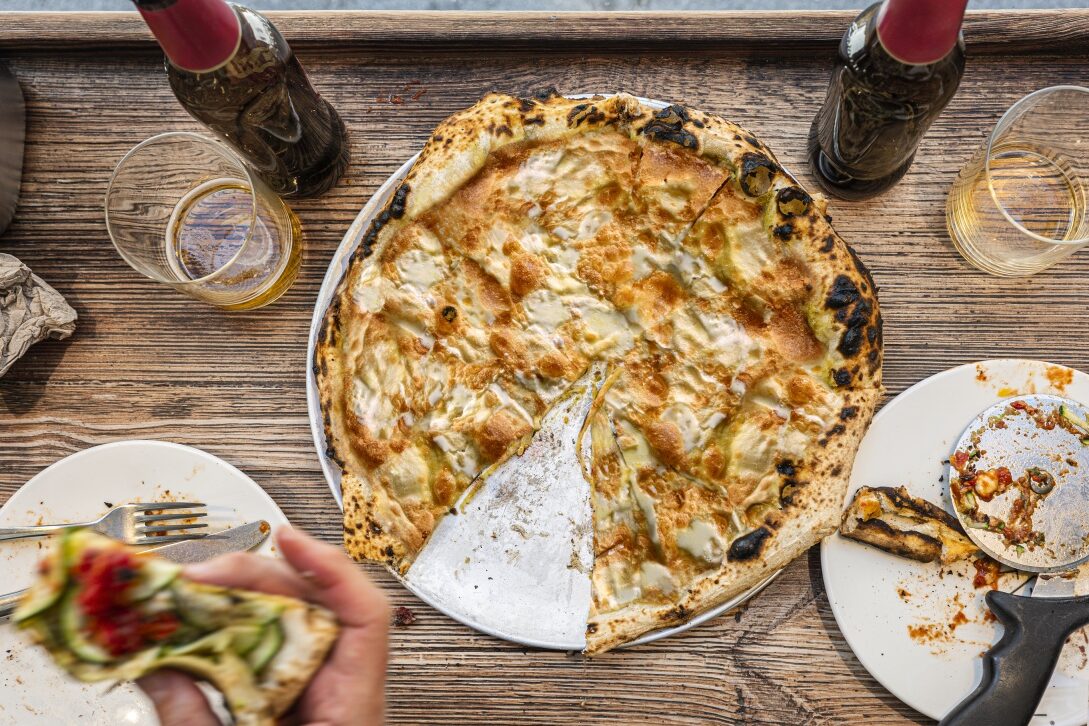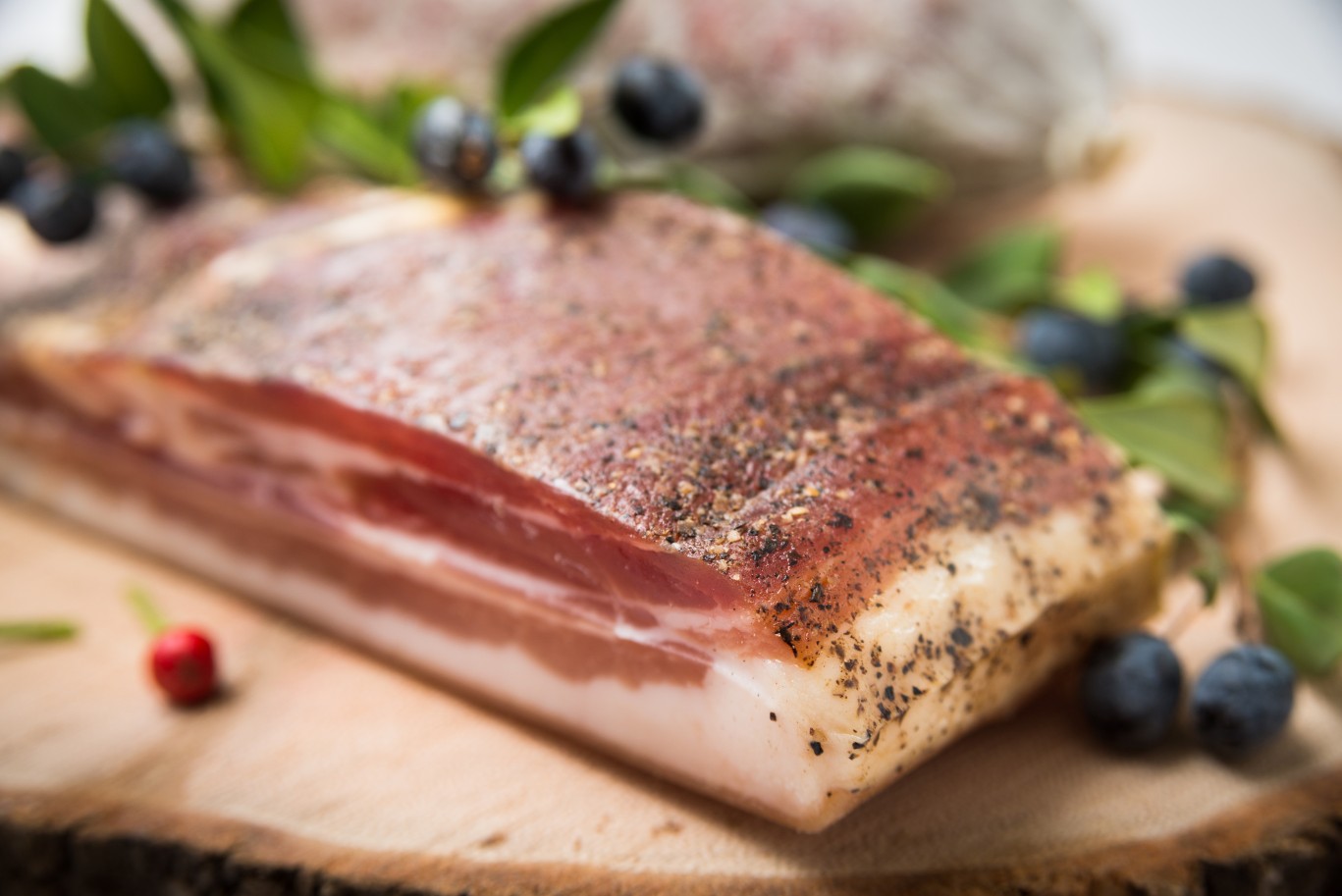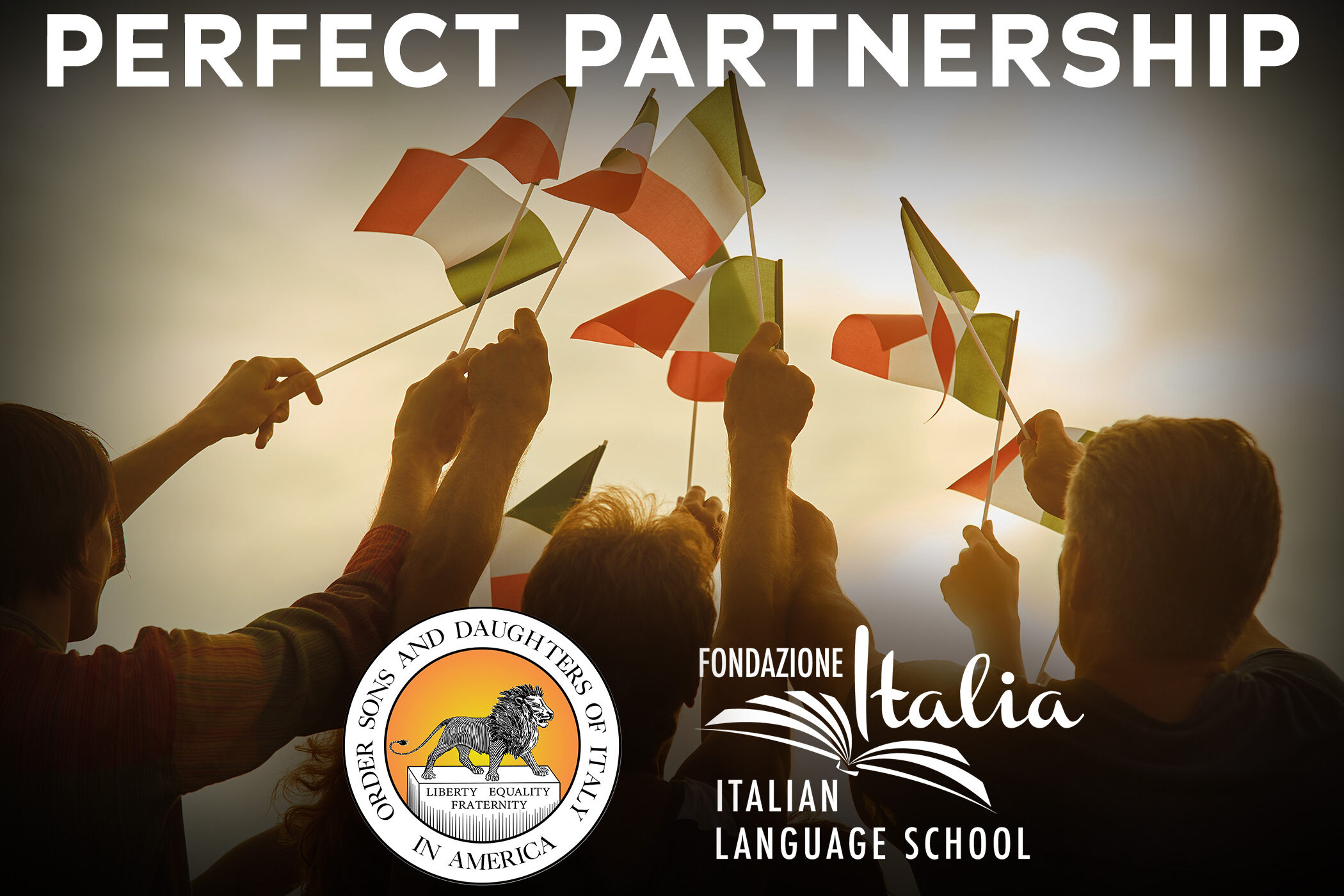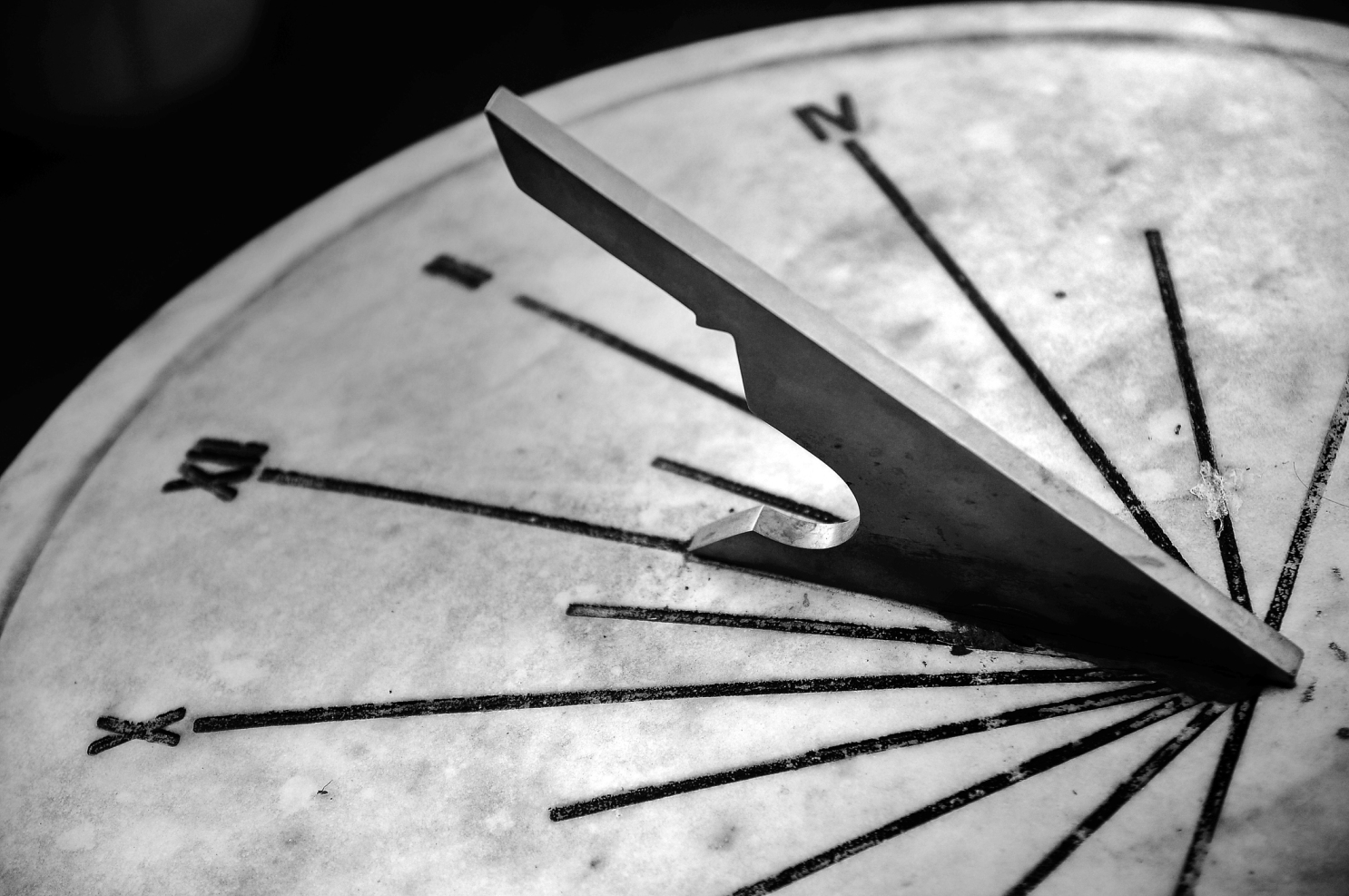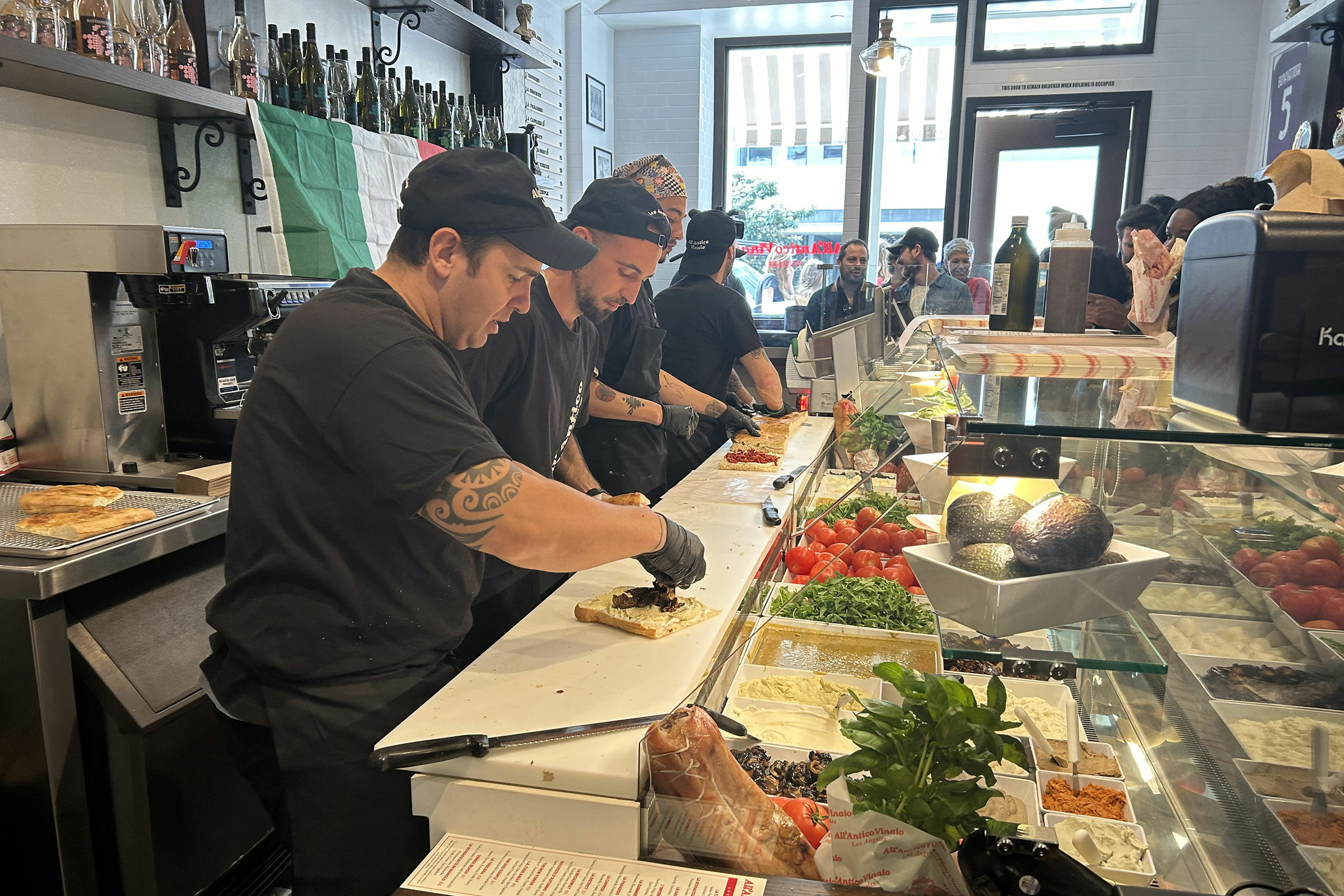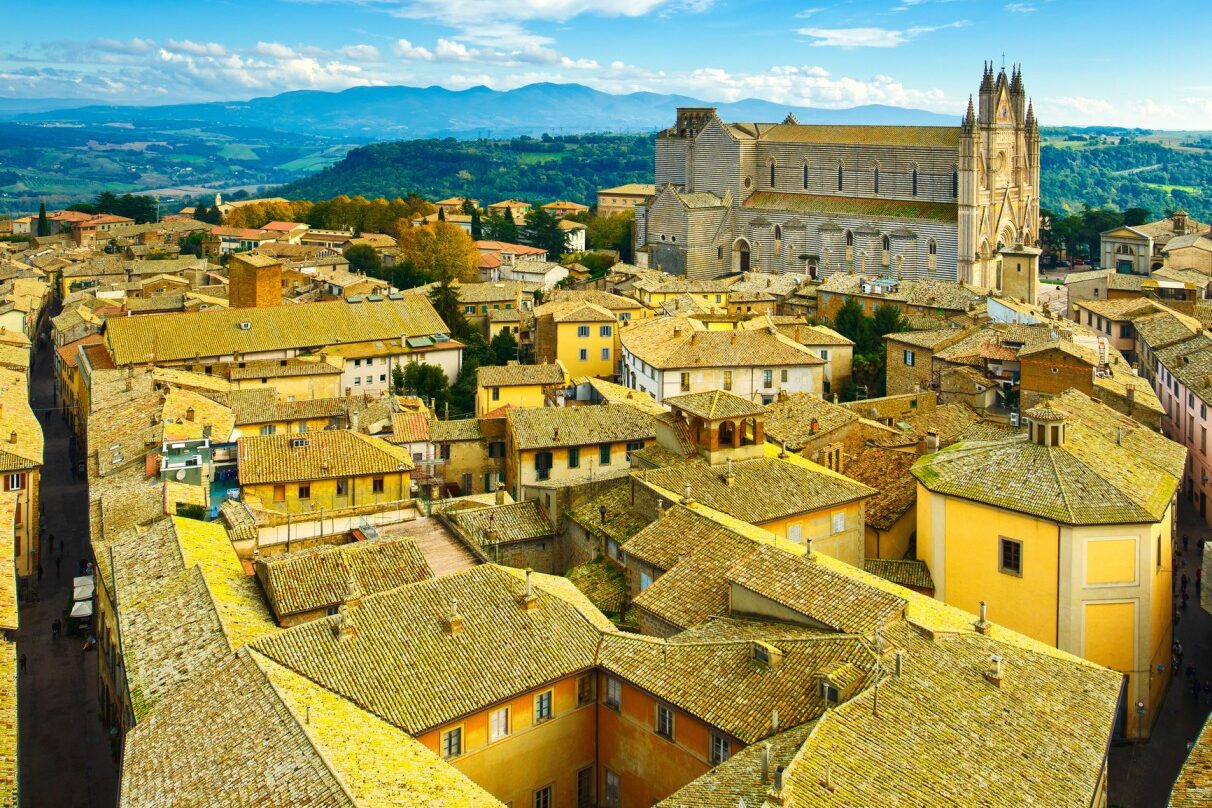Fire and sea. Life and death. Everyday routine and permanent state of emergency: the oxymoron is powerful, so is the way these elements are
used to build the story in Fuocoammare – Fire at Sea, Gianfranco Rosi’s latest documentary. After the big Golden Bear at the Berlin Film Festival, the feature is Italy’s Foreign Language Entry at the 89th edition of the Academy Awards.
After he turned down the idea of a reportage about the common rescue of migrants in Lampedusa, Rosi strives for a different, deep, emotional effect. For 108 minutes, the Italian director walks the viewer along a double path: the one followed
by thousands of men, women, and children who travel the Mediterranean seeking a better life; the other unfolding the day-to-day life of Sicilian residents who seem to be barely affected by what happens along the coastlines. We talked to Director Rosi who visited the Bay Area in October for a Special Advance Screening at the Mill Valley Film Festival.
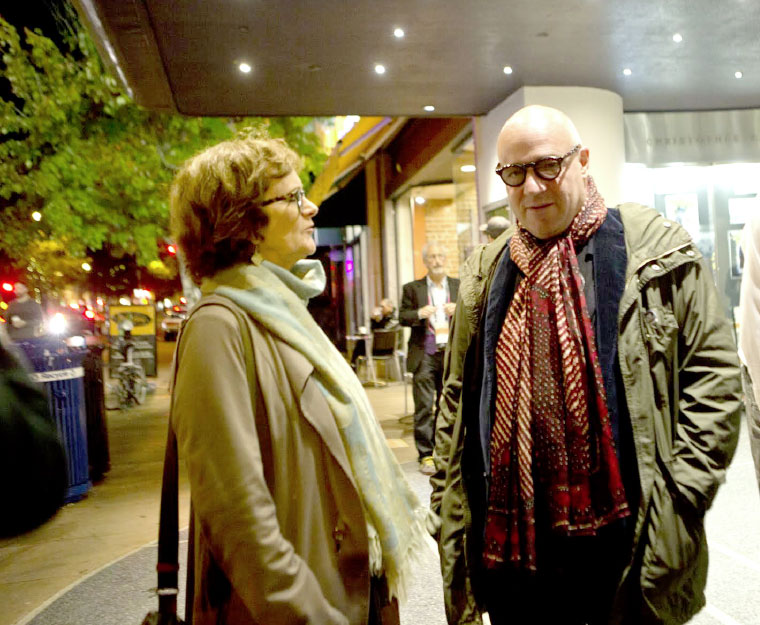
When did you realize it was about time to work on this topic?
In 2014, I went to Lampedusa to film a short documentary. Soon I realized that a ten minutes piece was not enough to explain the complexity of the topic. I was about to give up when the unpredictable happened. At the local emergency room, where I was treated for bronchitis, I met Doctor Bartolo. While he was telling me about his work helping refugees, once he learned I a filmmaker, he showed me photos of the operations. That was how Fuocoammare began.
Then what happened?
After I left the island, I looked into those photos again and decided to put some ideas together for a documentary. After a few months, I moved to Lampedusa for 18 months. After I finished the editing, I realized that a crucial part was missing: Bartolo’s story. I asked him to share his story on camera. He did it so well at the point that, without his contribution, the whole feature would have been very different.
The young Samuele and his family are also relevant to the story. How did they become part of it?
Since the beginning, I wanted a kid as part of the story. I met Samuele while filming some parts of the documentary. He introduced himself as a hunter who does not like fishing or being in the water, as others in the island. He immediately seemed to fit with my documentary. I followed him for one year to show this boy and his family’s lives. To me, they represent all people in Lampedusa.
What’s the final goal behind this documentary?
For many years, the news coverage has been about the refugees’ tragedy, with a methodical approach. My mission was to change that point of view, adding something extra: the life of people in Lampedusa. Who are these people? Why don’t we hear anything about them? Why don’t we hear their voice? I learned who these people are by exploring small details of their lives. I closed the doors of information and gave space to their intimacy. I never lost that focus during the filmmaking.
How did the filmmaking develop?
I filmed everything solo. I spent forty days on board of the Italian Naval vessel. During the first twenty days, I could learn more about the job and build a relationship with the crew. Then, I spent another twenty days and witnessed how the refugees’ rescue really occurs, as well as death happens. One day, what it seemed to be a regular operation turned into a dramatic experience: I saw bodies coming to my feet one after the other. “Did you see what happened?” The captain said pointing the lower level of a rescued boat. It was full of dead people. “I believe it is your duty to go there and film what you see”, he stated. That’s what I did.
“Rescuing is not enough” you said many times. What should we do more?
Governments are doing very little to fix the situation. I believe we need a humanitarian bridge in order to save refugees before they board those boats. I would like to see politicians take action and not ignore the problem anymore.
Which memory of Lampedusa and its people will you keep for ever?
All the things I saw are just unforgettable. It’s a cry for help nobody is listening to. Bartolo represents the symbol of what everybody should do in such circumstances and the generosity of all the people living in the island. There is one thing Doctor Bartolo told me and better explains why they sacrifice their lives to help migrants: “Fishermen welcome whatever comes from the sea”. That’s exactly what people in Lampedusa have been doing over the last twenty years.
What do you expect from the nomination at the Oscars 2017?
I don’t think about it. Things happen and sometimes they are out of our control. Of course I am happy for the nomination, however I think awards are not worthy much if you don’t transform them in something that has a true impact and changes things.
Gianfranco Rosi’s documentary FIRE AT SEA is set to open on December 9th at the Roxie Theater. Schedule here http://www.roxie.com/ai1ec_event/fire-sea-fuocoammare/?instance_id=16396
